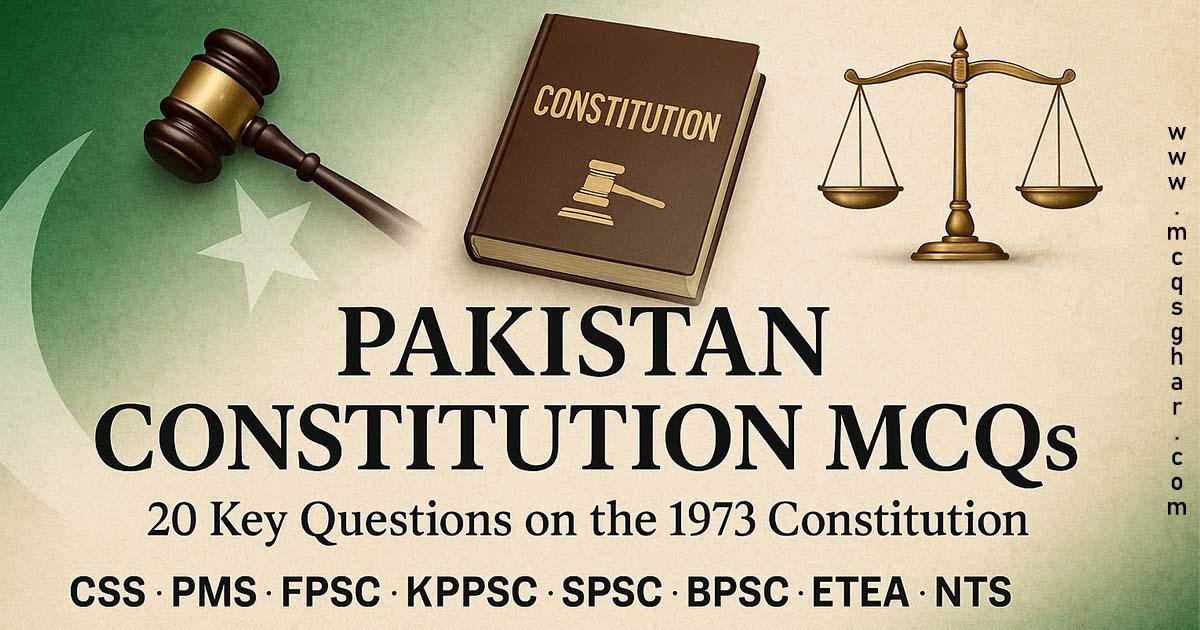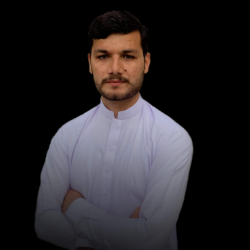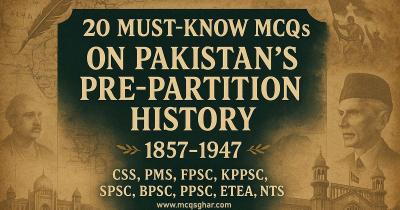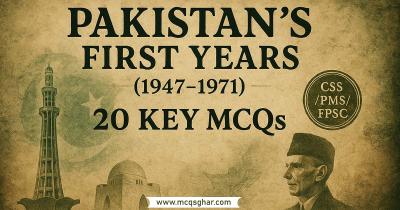بِسْمِ اللَّهِ الرَّحْمَنِ الرَّحِيم
Pakistan Constitution MCQs: 20 Key Questions on the 1973 Constitution
When it comes to the Pakistan Affairs paper, knowledge of the Constitution of Pakistan is non-negotiable. The 1973 Constitution is the supreme law of the land, and questions about its articles, amendments, and structure are guaranteed in exams like CSS, PMS, and FPSC.
To help you get a firm grip on this topic, we’ve prepared 20 critical MCQs focusing on the 1973 Constitution. These will help you remember the most important facts.
1. The Constitution of 1973 was passed by the National Assembly on:
- March 23, 1973
- April 10, 1973
- August 14, 1973
- September 6, 1973
Answer: April 10, 1973
2. The 1973 Constitution was enforced on which date?
- April 12, 1973
- May 29, 1973
- August 14, 1973
- December 25, 1973
Answer: August 14, 1973
3. According to the 1973 Constitution, what is the official religion of Pakistan?
- Secularism
- Islam
- No official religion
- Pluralism
Answer: Islam
4. Who was the Prime Minister of Pakistan when the 1973 Constitution was passed?
- Ayub Khan
- Yahya Khan
- Zulfiqar Ali Bhutto
- Muhammad Khan Junejo
Answer: Zulfiqar Ali Bhutto
5. The 1973 Constitution provides for which form of government?
- Presidential
- Parliamentary
- Monarchy
- Dictatorship
Answer: Parliamentary
6. What is the upper house of the Parliament of Pakistan called?
- National Assembly
- Provincial Assembly
- Senate
- Shura
Answer: Senate
7. How many articles are there in the 1973 Constitution of Pakistan?
- 250
- 280
- 300
- 320
Answer: 280
8. According to the 1973 Constitution, the Head of State is the:
- Prime Minister
- President
- Chief Justice
- Army Chief
Answer: President
9. The Eighth Amendment (8th) to the 1973 Constitution gave discretionary powers to the:
- Prime Minister
- President
- Senate Chairman
- National Assembly Speaker
Answer: President (Specifically Article 58-2(b))
10. The minimum age for a person to be eligible to become President of Pakistan is:
- 35 years
- 40 years
- 45 years
- 50 years
Answer: 45 years
11. How many members are there in the Senate of Pakistan (after the 25th Amendment)?
- 104
- 100
- 96
- 110
Answer: 96 (Reduced from 104 to 96 after FATA's merger). Note: After the 2024 elections, it is now 96.
12. Which amendment declared the Qadiani/Ahmadi group as non-Muslims?
- First Amendment
- Second Amendment
- Third Amendment
- Fourth Amendment
Answer: Second Amendment
13. The 18th Amendment, passed in 2010, abolished which of the following?
- The Senate
- The Concurrent List
- The Prime Minister's post
- The National Assembly
Answer: The Concurrent List (and Article 58-2b)
14. What is the term length for a Senator in Pakistan?
- 4 years
- 5 years
- 6 years
- 3 years
Answer: 6 years
15. The National Assembly of Pakistan has how many general seats?
- 272
- 266
- 336
- 342
Answer: 266 (The total strength is 336, including reserved seats for women and non-Muslims).
16. Who is the Chairman of the Council of Common Interests (CCI)?
- President
- Prime Minister
- Senate Chairman
- Finance Minister
Answer: Prime Minister
17. The power to interpret the Constitution lies with the:
- Parliament
- President
- Supreme Court
- Cabinet
Answer: Supreme Court
18. Which amendment restored the 1973 Constitution to its original (parliamentary) form?
- 8th Amendment
- 13th Amendment
- 17th Amendment
- 18th Amendment
Answer: 18th Amendment
19. The National Finance Commission (NFAward deals with:
- Foreign policy
- Defense budget allocation
- Distribution of revenues between federation and provinces
- Judicial appointments
Answer: Distribution of revenues between federation and provinces
20. The official language of Pakistan, according to the 1973 Constitution, is:
- English
- Arabic
- Punjabi
- Urdu
Answer: Urdu




